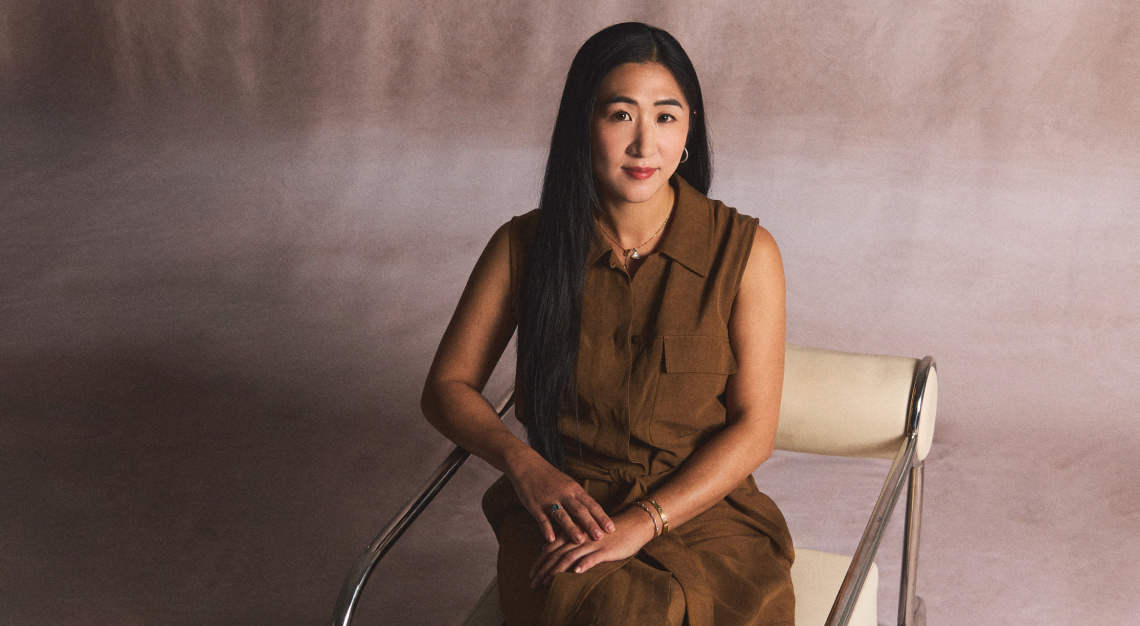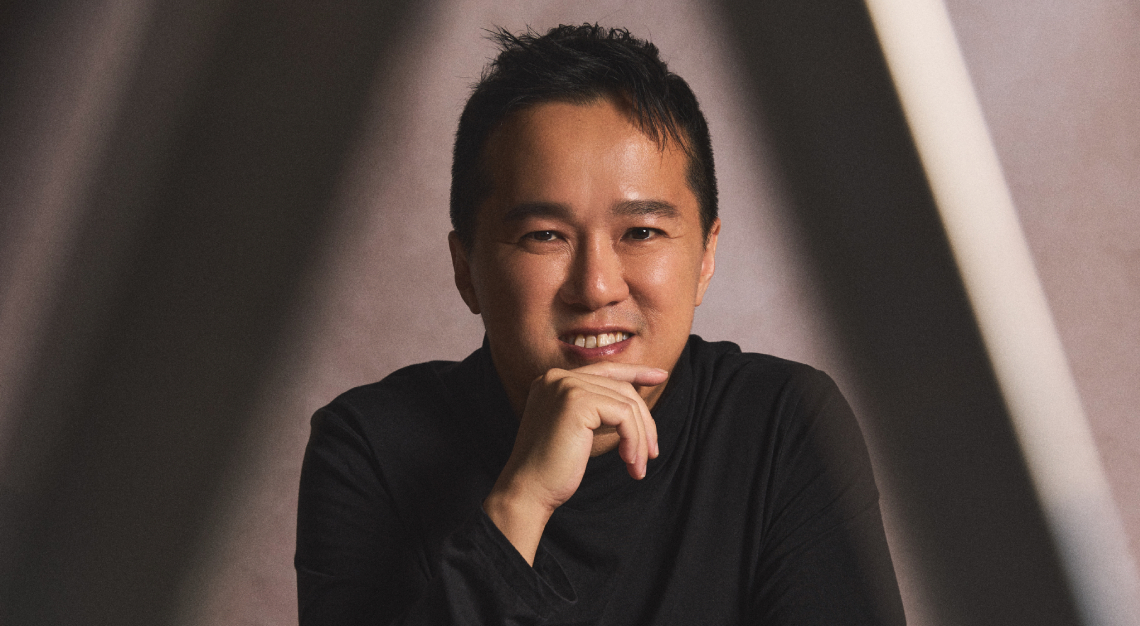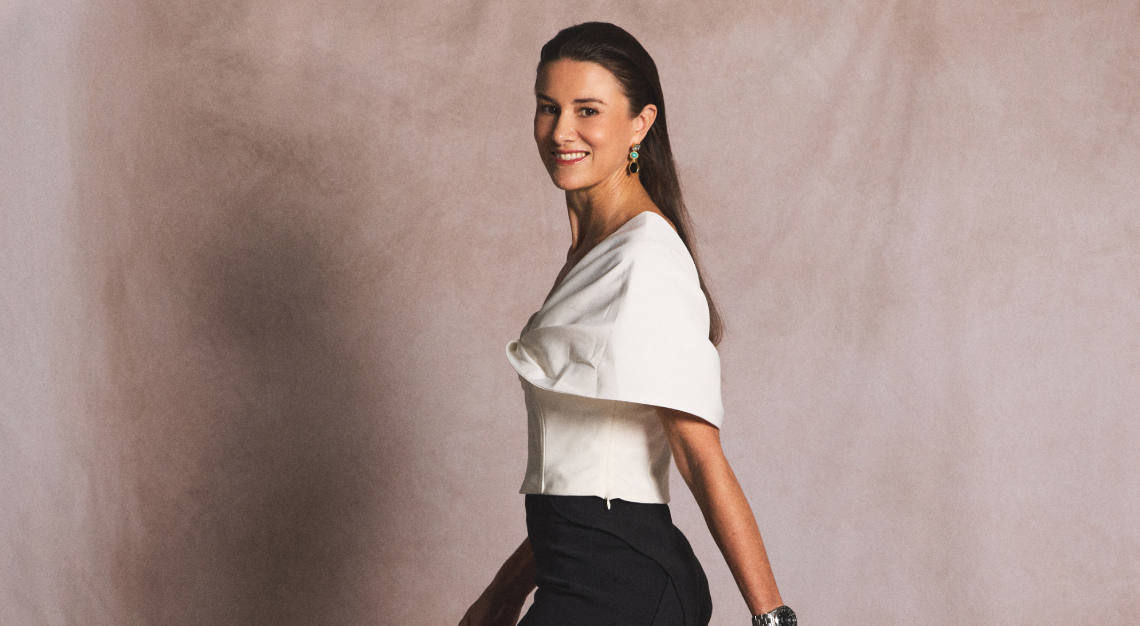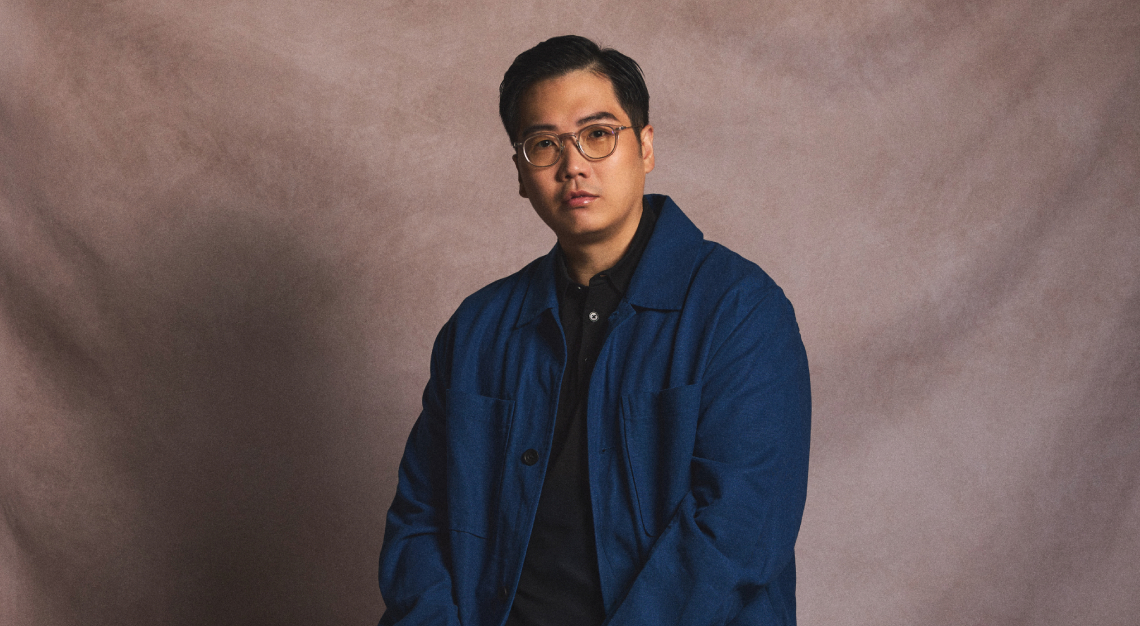“When you believe in a technology’s potential to help people, you find the courage to take that risk.” – Ng Choon Peng, co-founder and chairman of ImmunoScape
Ng Choon Peng’s diverse work history and experience with previous companies have paved his way to his current role in a pre-clinical stage biotech company. This enterprise focuses on T-cell receptor-based therapeutic discovery and development for solid tumours, utilising deep immunomics and machine learning platforms. Ng previously served as a partner at OutramBio, a venture capital firm dedicated to investing in early-stage biotech and healthcare companies.
His career includes a role as senior director of the PharmBio cluster at A*STAR (Agency for Science, Technology and Research), where he was responsible for overseeing Singapore’s biomedical research strategy. Earlier, he was the CEO Asia for Leo Pharma, a multinational pharmaceutical company headquartered in Denmark. During his tenure, he doubled Leo’s business across 15 Asian countries by pioneering new markets and driving professionalism in key functional areas.
Ng’s career path has been marked by risks that have imparted valuable lessons, such as the bold decision to leave stable positions. He recalls: “Leaving a secure leadership role in pharma to co-found a biotech start-up was a leap into uncertainty. But it taught me the value of conviction. When you believe in a technology’s potential to help people, you find the courage to take that risk.”
He also emphasises the importance of surrounding himself with individuals who challenge him. “One of the best pieces of advice I’ve received is: ‘Don’t just build what’s possible. Build what’s needed.’ This advice has kept me focused on real-world relevance, especially in innovation-heavy fields.”
What was a defining moment or experience that set you on your current path?
A defining moment came when I led the launch of an advanced therapy across Asia. I witnessed firsthand the life-changing impact that cutting-edge science can have when made accessible. This clarity—of translating innovation into healing—has stayed with me through pharmaceuticals, biotech, cell therapy, and now even quantum materials.
How has your definition of success evolved and what anchors you?
Early in my career, success meant career progression, expanding regional portfolios, and delivering results. Now, I see success as creating meaningful impact: developing people, scaling technologies that truly matter, and doing work that reflects deeper values.
Purpose is what anchors me. Whether in biotech or quantum tech, I always come back to the ‘why’: Are we helping someone? Are we enabling growth? This perspective helps turn setbacks into valuable learning opportunities.
What trend or emerging technology do you believe will shape the future?
I believe the convergence of biology and engineering will define the next era, whether in cell therapy manufacturing, AI-driven discovery, or quantum-enabled communications. We’re moving into a phase where cross-disciplinary innovation will dramatically accelerate impact.
If you could change one thing about your industry, what would it be?
I would improve how fragmented the process of commercialisation remains between research and real-world application. Too many promising innovations stay confined to labs. We need better translational bridges-people, processes, and policies-that speed up the deployment of new technologies into practical use.
What’s a belief or mindset that has fundamentally changed for you over the years?
I used to think that technical excellence alone would drive adoption. Over time, I’ve learnt that trust, usability, and timing are just as important. Impact isn’t only about how advanced the solution is, but also about how prepared the ecosystem is to embrace it.
What do you hope people say about you when you’re not in the room?
That I bring clarity, build trust, and enable others to perform at their best. That I lead with conviction and compassion.
What legacy do you hope to leave behind?
I aspire to leave a legacy of enabling breakthrough innovations that serve people and of mentoring others who continue to pursue purpose-driven progress. If the teams and technologies I’ve influenced continue to improve lives long after I’m gone, that will be enough.






